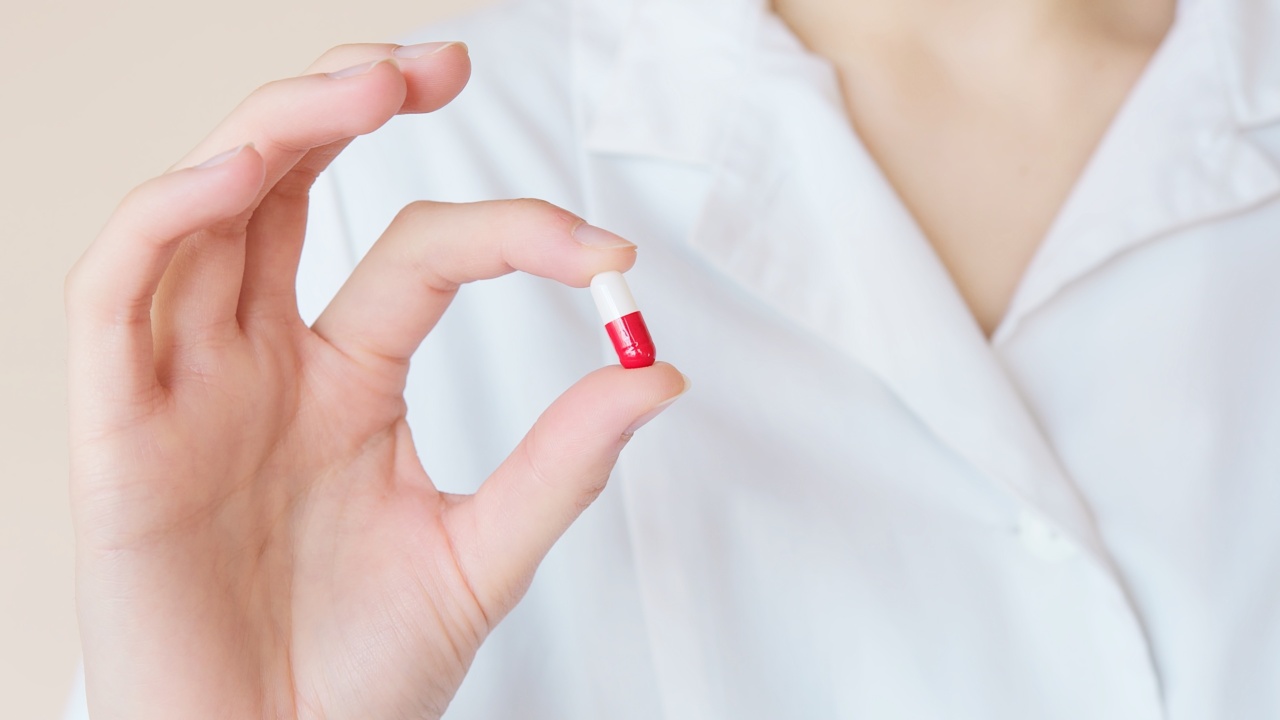In the realm of modern medicine, the role of the placebo effect has received increasing attention over the years.
Once considered as mere deception or a nuisance, the placebo effect is now recognized as a powerful healing mechanism that can significantly impact patient outcomes. This phenomenon, where a patient experiences therapeutic benefits from an inactive treatment, continues to baffle researchers and healthcare professionals alike.
In this article, we will explore the fascinating world of placebos and their remarkable healing power.
Understanding the Placebo Effect
The placebo effect refers to the improvement in a patient’s symptoms that occurs solely due to their belief in the treatment, rather than any physiological effect of the treatment itself.
This phenomenon is not limited to sugar pills or fake treatments; it can also occur when patients receive genuine medications or interventions that have not been proven effective for their specific condition. Studies have shown that even when patients are aware they are receiving a placebo, they can still experience positive health outcomes, indicating the complexity of this phenomenon.
The Neurobiology Behind Placebos
Scientists have long been intrigued by the underlying mechanisms of the placebo effect. Neurobiological research suggests that beliefs and expectations play a crucial role in triggering the placebo response.
When a patient expects a treatment to be effective, the brain releases endorphins, dopamine, and other neurotransmitters associated with pain relief and feelings of well-being. These chemicals can reduce anxiety, modulate the perception of pain, and even enhance the body’s natural healing processes.
Placebo Effects in Pain Management
Pain is one area where the placebo effect has significant implications. Numerous studies have demonstrated that patients experiencing both acute and chronic pain can achieve substantial relief through the administration of placebos.
This phenomenon is not limited to subjective pain perception; brain imaging studies have shown that placebos can actually reduce activity in the specific brain regions responsible for pain processing, providing objective evidence of their efficacy.
The Placebo Effect Explored in Clinical Trials
Clinical trials are essential in assessing the efficacy and safety of new treatments. Interestingly, placebo-controlled trials often show that a significant portion of patients assigned to the placebo group experience improvement in their symptoms.
This placebo response can lead to challenges in accurately determining and comparing the effectiveness of new medications or interventions. Researchers now recognize the importance of optimizing clinical trial design to effectively account for the placebo effect and minimize its impact on the results.
Nocebo Effect: The Dark Side of Placebos
Just as placebos can lead to positive outcomes, their negative counterpart, known as the nocebo effect, can also have detrimental effects.
When patients are informed about the potential side effects of a medication or intervention, they may experience those side effects even if they are receiving a placebo. Research shows that the nocebo effect can lead to increased pain, heightened anxiety, and intolerance of medication or treatment.
Healthcare professionals must exercise caution when discussing potential side effects with patients to minimize the risk of inducing the nocebo effect.
The Ethical Debate around Placebos
The use of placebos in clinical practice raises ethical questions for healthcare professionals.
Is it acceptable to prescribe a placebo without the patient’s knowledge? Is it ethical to deceive patients in order to harness the placebo effect? While the answers to these questions may vary, most experts agree that open and honest communication is crucial. In certain situations, placebo treatments can be openly administered, allowing patients to benefit from the placebo effect while fully understanding the nature of the treatment.
Enhancing the Placebo Effect
Researchers are actively looking for methods to enhance the effectiveness of placebos. One such approach is the use of open-label placebos, where patients are aware they are receiving a placebo but still experience positive effects.
Strategies such as conditioning, personalized rituals, and empathy from healthcare providers have also shown promise in boosting the placebo response. Through a deeper understanding of the placebo effect, healthcare professionals can harness its potential to complement conventional treatments and improve patient outcomes.
The Placebo Effect and Patient-centered Care
With the shift towards patient-centered care, healthcare providers are recognizing the importance of psychological factors in healing.
The placebo effect serves as a reminder that the mind and body are closely interconnected, and that addressing a patient’s beliefs, emotions, and expectations can have a significant impact on their well-being. By integrating placebo principles into patient-centered care, medical professionals can foster trust, enhance treatment outcomes, and provide holistic care to their patients.
Current and Future Implications
The healing power of the placebo effect has profound implications for modern medicine. As research continues to unravel the mysteries of this phenomenon, it holds the potential to revolutionize treatment approaches.
Harnessing the placebo effect ethically and effectively can lead to improved patient outcomes, reduced healthcare costs, and greater patient satisfaction. By harnessing the innate healing abilities of the mind, modern medicine can truly offer a holistic and comprehensive approach to patient care.






























